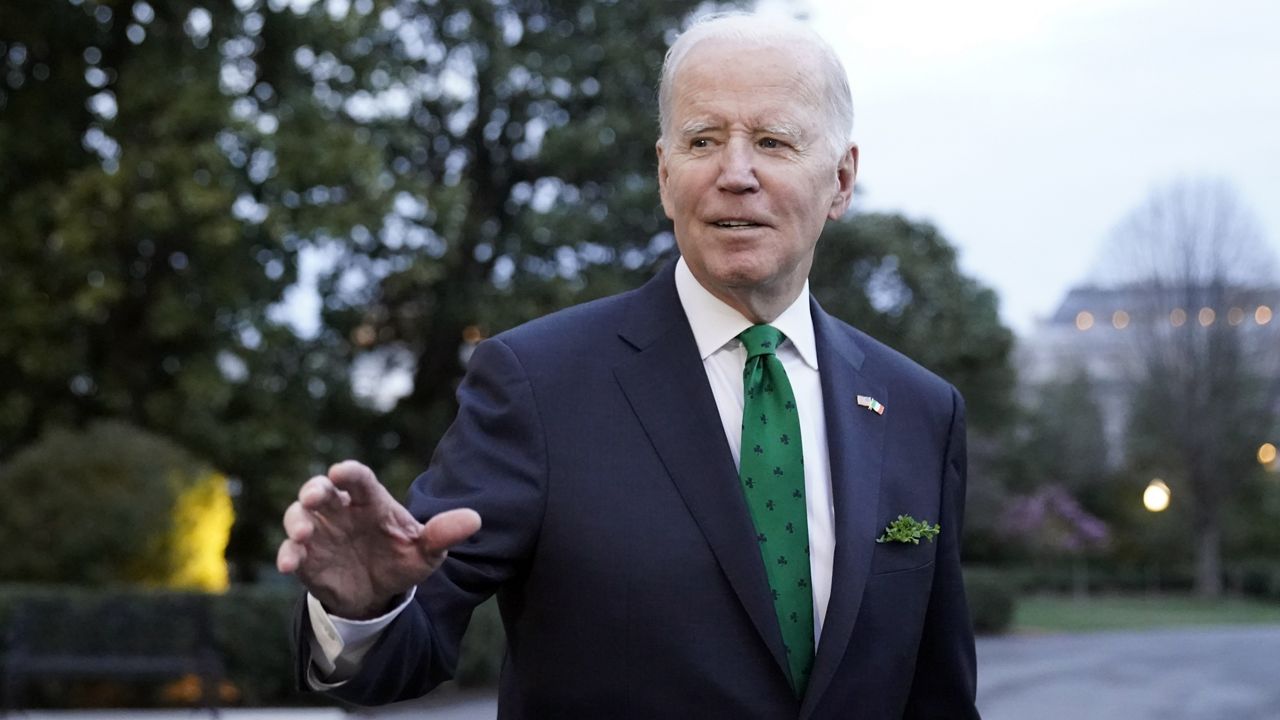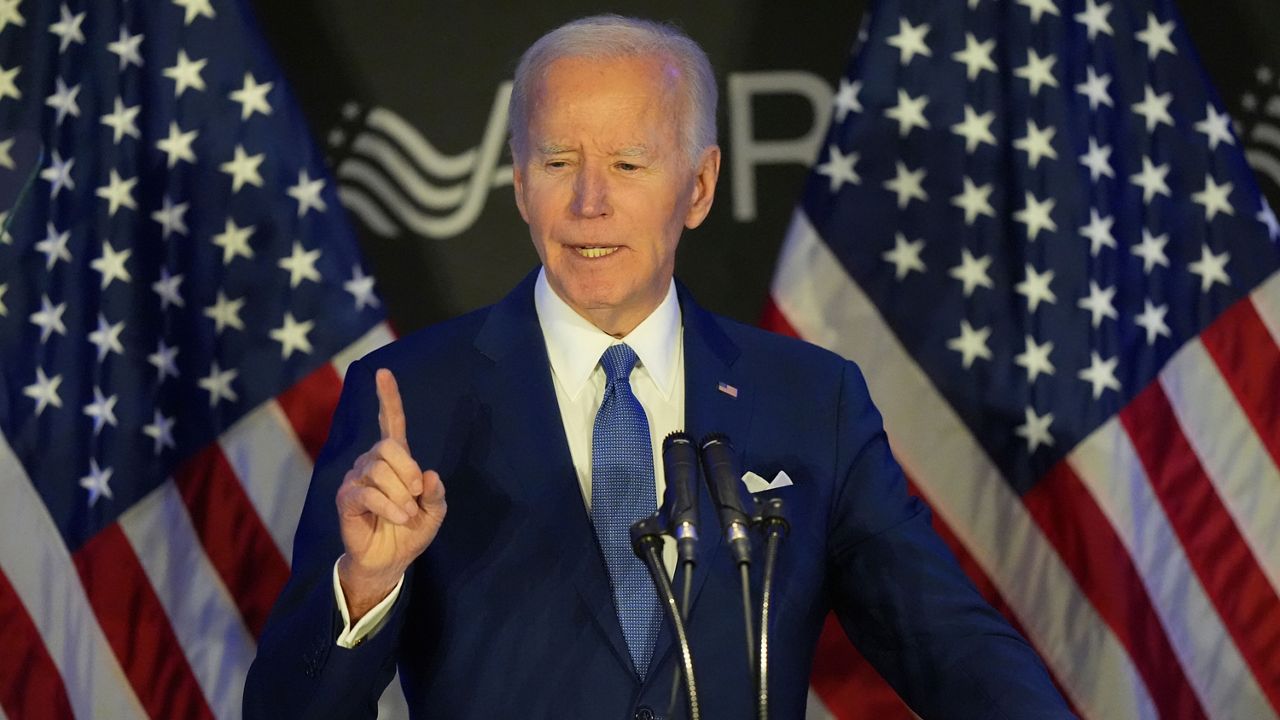President Joe Biden issued the first veto of his presidency Monday in an early sign of shifting White House relations with the new Congress since Republicans took control in January. He's seeking to kill a Republican measure that bans the government from considering environmental impacts or potential lawsuits when making investment decisions for Americans' retirement plans.
What You Need To Know
- President Joe Biden has issued the first veto of his presidency as he seeks to block Republican-led efforts in Congress to overturn a Labor Department rule allowing retirement plans to consider environmental, social and governance factors when making investment decisions
- The Labor Department rule ended a Trump-era ban on managers of retirement plans considering factors such as climate change or pending lawsuits when making investment choices
- Because suits and climate change have financial repercussions, administration officials argue that their predecessors were courting possible disaster
It's just the latest manifestation of the new relationship, and Biden is gearing up for even bigger fights with Republicans on government spending and raising the nation's debt limit in the next few months.
The measure vetoed by Biden ended a Trump-era ban on federal managers of retirement plans considering factors such as climate change, social impacts or pending lawsuits when making investment choices. Because suits and climate change have financial repercussions, administration officials argue that the investment limits are courting possible disaster.
Critics say environmental, social and governance (ESG) investments allocate money based on political agendas, such as a drive against climate change, rather than on earning the best returns for savers. Republicans in Congress who pushed the measure to overturn the Labor Department's action argue ESG is just the latest example of the world trying to get "woke."
Biden, in a video released by the White House, said he vetoed the measure because it "put at risk the retirement savings of individuals across the country."
Only two Democrats in the Senate voted for the investment limits, making it unlikely that backers of a potential veto-override effort in Congress could reach the two-thirds majority required in each chamber.








